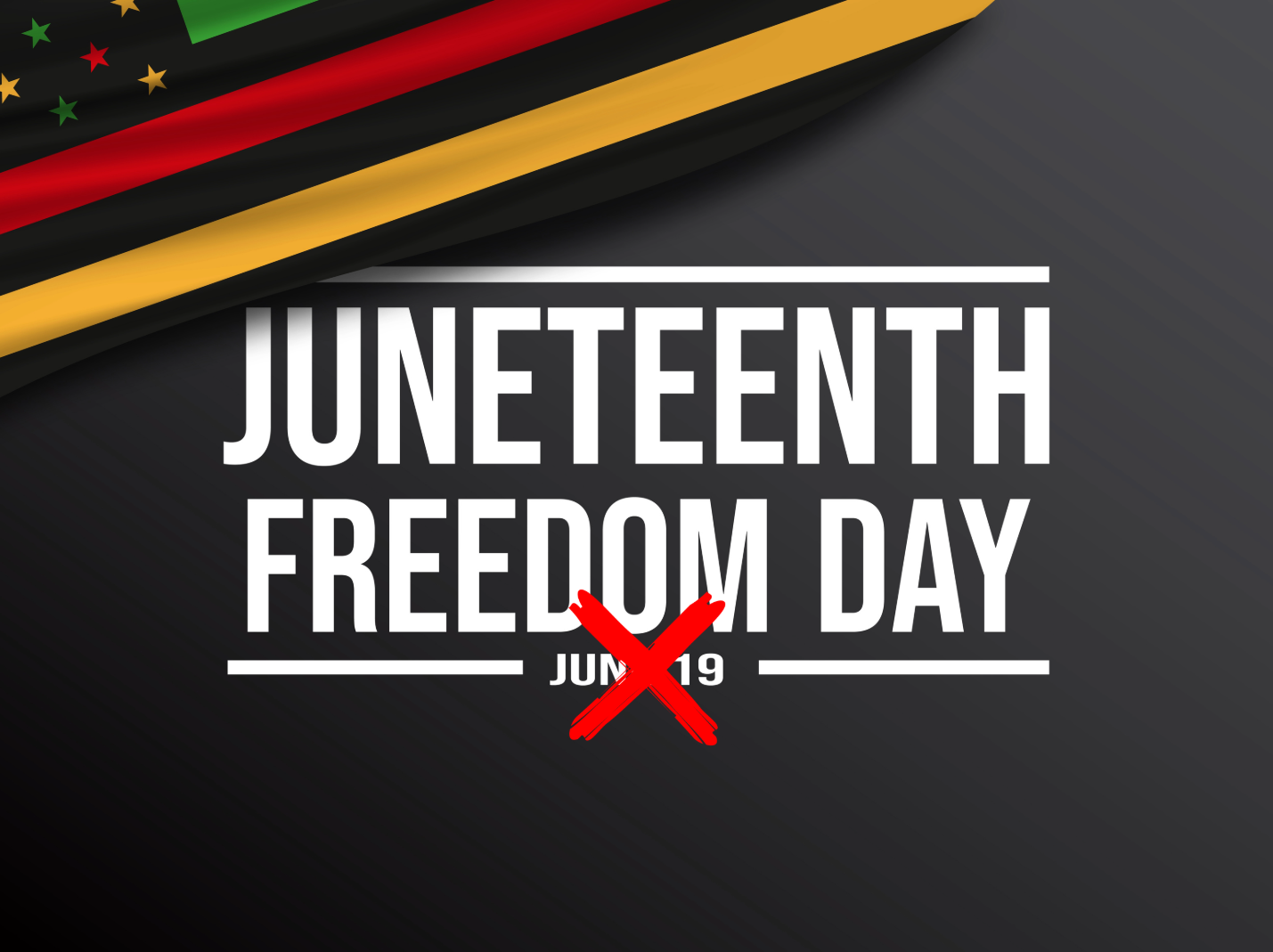
Juneteenth has become a national holiday during which we remember and celebrate the end of slavery. The date comes from the tardy dissemination in Texas of the Emancipation Proclamation, President Lincoln’s momentous document by which he freed the slaves in the areas in rebellion.
But June 19th is the wrong date to celebrate.
The Emancipation Proclamation was issued on January 1, 1863, not June 19, 1865, the original Juneteenth. Moreover, the Proclamation did not free all of the slaves in the U.S.—only those living in areas outside of Union control. Four border states—Delaware, Maryland, Kentucky, and Missouri—along with the new state of West Virginia, were Union slave states. This means they allowed slavery but stayed in the Union, so slaves there were not freed in 1863 or mid-1865. Why are we celebrating a date before the end of slavery in America? I grew up in Delaware, where I met people who were still slaves on the original Juneteenth. They don’t count?
It was the 13th Amendment to our Constitution, ratified on December 6, 1865, that ended chattel slavery. That seems like a better date to celebrate.
So why the 19th of June?
For years, some areas of the country have celebrated Juneteenth with cookouts as Emancipation Day, long before it became a national holiday. But several commentators have expressed concerns that its proximity to July 4th might create a division, with one Independence Day for all and another specifically for Black Americans—similar to the idea of having a separate Black National Anthem. As one person put it, “The energy and meaning behind Juneteenth are special enough for me to stop celebrating July 4.”
Let’s be honest about history, however.
The Emancipation Proclamation, the bloody war for a free Union, and the Civil War Amendments to our Constitution—the 13th, 14th, and 15th, which significantly expanded civil rights—were all victories achieved by one side. All of them came from the Republican Party. Republicans diligently opposed the Democratic Party, the party of slavery, secession, rebellion, Jim Crow, segregation, separate but equal, and the Ku Klux Klan. After losing the Civil War, the Democratic Party successfully blocked equal rights for over a century, necessitating another Civil Rights movement.
If you want to celebrate the end of slavery, let’s embrace it as National Republican Party Day. Commenting on recent politics, a friend of mine remarked, “The Democrats haven’t been this angry since we took their slaves away!”
Enjoy the end of slavery in the U.S., and thank the Republican Party that made it possible.
Image by MH — Adobe Stock — Asset ID#: 599529940 & Edited by Jared Gould
Its amazing how the two political parties have changed throughout these years. Lincoln, a poor man for the people, was a republican. The democrates were for the rich. What a switch! Lincoln could roll in his grave today. The 13th Amendment was the ending of slavery, but its amazing that the union rich weren’t included. How the rich continue to exempt themselves n sit on pedestals. So shameful. Also, even after everything the government accomplished , there were slave owners who continued their slave practices using the life of others to meet their greedy means. Will any of us really know the true date when slavery ended?
It was absolutely amazing to me the short amount of time it took for congress to make juneteenth a federal holiday. Talk about pandering.
How utterly reprehensible someone would declare they would rather celebrate juneteenth than the 4th of July. (However, that all made sense when I realized the author of that statement works for Salon, a radical marxist organization.) When it comes to recognizing the end of slavery, juneteenth pales in comparison to the ratification of the 13th Amendment. Maybe that explains I learned about the 13th Amendment and its significance decades ago; I never heard of juneteenth until two weeks before it became a federal holiday.